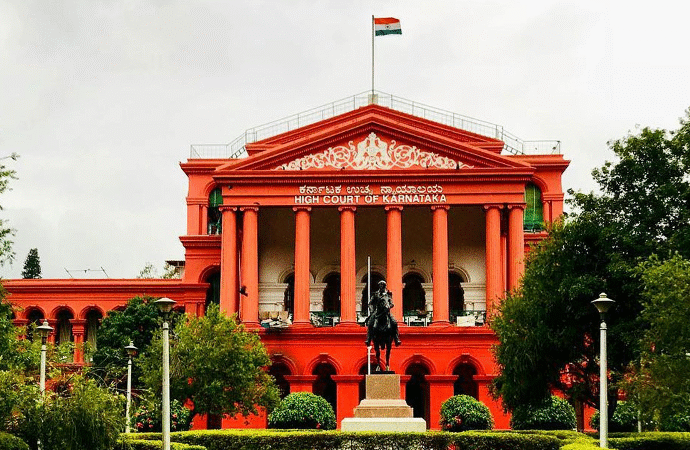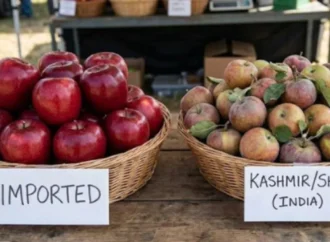Key Update
The Karnataka HC has directed the Central Government to revise the current food safety framework and categorise food business operators into small, medium, and large establishments. Justice M. Nagaprasanna observed that such classification would help set hygiene and operational standards proportionate to the size and nature of each business. The court noted that the present system under the Food Safety and Standards (Licensing and Registration of Food Businesses) Regulations, 2011, divides food businesses only by annual turnover, not by their operational characteristics.
State Told to Frame Rules for Vendors, Food Trucks, and Restaurants
The court also instructed the Karnataka government to formulate clear and enforceable health and safety standards for all categories of food businesses — including street vendors, food trucks, small eateries, and large restaurants. It asked the state to create a monitoring mechanism to ensure consistent implementation and regular inspection of these standards. Justice Nagaprasanna emphasised the need for an “effective and meaningful segregation” of food establishments to maintain uniform hygiene and food safety across all levels of the industry.
Petition Challenged the Practicality of FSSAI Regulations
The order came while hearing a petition filed by the Karnataka Pradesh Hotel and Restaurants Association and the Bruhat Bengaluru Hotels Association. The associations had challenged a 2012 communication from the Commissionerate of Health and Family Welfare Services, Bengaluru, which required all food businesses to comply with FSSAI regulations and obtain the necessary licence or registration.
The petitioners argued that certain provisions of the Food Safety and Standards Act (FSSA) were impractical and unconstitutional, especially for small operators such as street vendors and food trucks. They contended that the current framework did not account for differences in scale, infrastructure, or operational practices.
Court Upholds Validity of the Food Safety Act
In response, Deputy Solicitor General H. Shathi Bhushan defended the FSSA, stating that India’s food safety laws align with international benchmarks such as those established by the Codex Alimentarius Commission. After reviewing global food safety models, the court upheld the Act’s validity, observing that food safety has become an essential pillar of governance worldwide. Justice Nagaprasanna observed that since food safety systems operate effectively in many countries, Indian food businesses too must be capable of following comparable standards to ensure public health and compliance.
Need for Context-Based Food Safety Framework
While upholding the law, the court acknowledged a critical gap — the absence of tailored guidelines for different types of food businesses. Justice Nagaprasanna urged the Union Government to frame specific, scale-based standards covering hygiene, raw material sourcing, cooking processes, and waste management, while ensuring they remain grounded in traditional Indian culinary practices. He added that while Indian cuisine thrives across a wide spectrum — from roadside stalls and food trucks to fine-dining restaurants — the existing regulations fail to capture and address this diversity.
Source: Deccan Herald
 Food Manifest
Food Manifest 


















